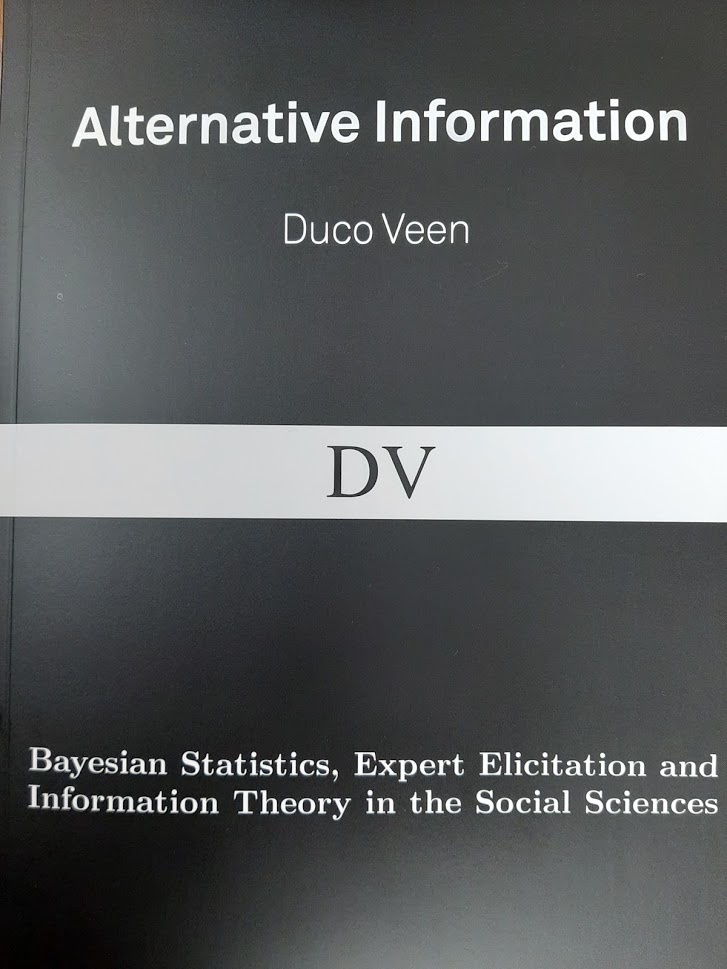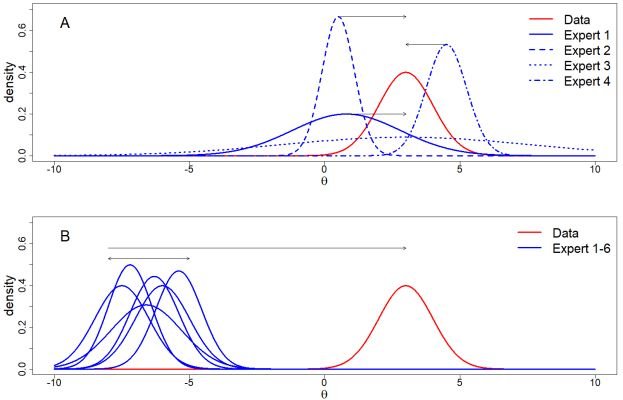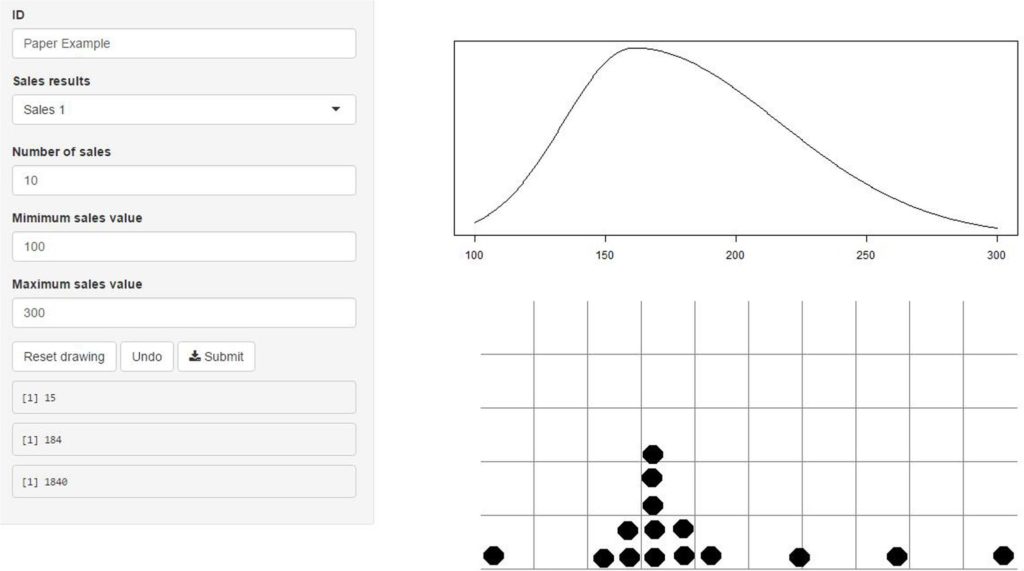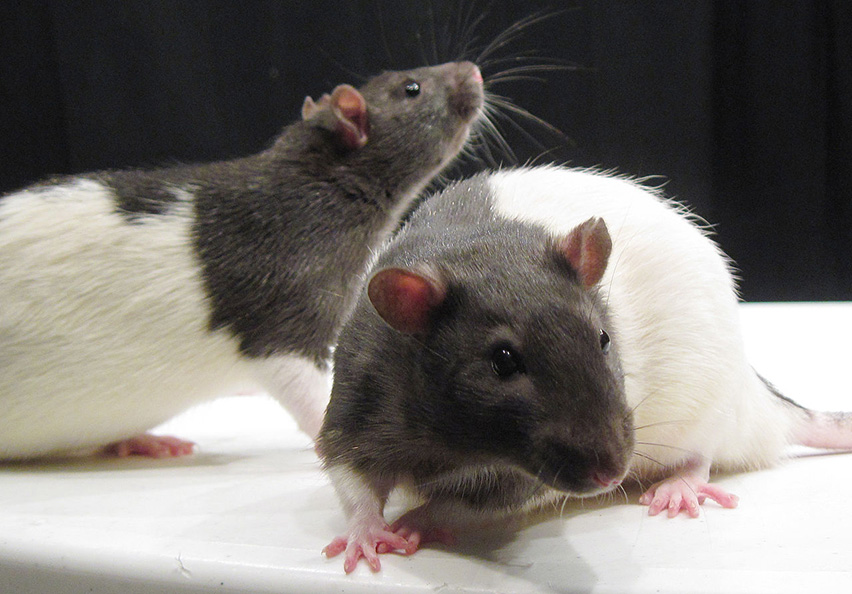Alternative Information: Bayesian Statistics, Expert Elicitation and Information Theory
In this dissertation, we focused on two alternative approaches to evaluate the hypothesis of interest more directly, i.e. informative hypothesis testing and model selection using order-restricted information criteria.
Using the Data Agreement Criterion to Rank Experts’ Beliefs
We evaluated priors based on expert knowledge by extending an existing prior-data (dis)agreement measure, the Data Agreement Criterion, and compare this approach to using Bayes factors to assess prior specification.
A Five-Step Method to Elicit Expert Judgment
Proposal for a Five-Step Method to Elicit Expert Judgement
Symposium at M3 conference accepted
Bayes is growing in all disciplines! This is one of the results found by van de Schoot, Winter, Ryan, Zondervan-Zwijnenburg and Depaoli (in press) in an extensive systematic review.
APS symposium accepted: “Experts and Animals: How Can They Help Us?”
How and to what extend can we use the unique information derived from experts and animals? We discuss how expert opinions can be formalized and included in analyses, how animal studies can provide insight into human behavior, and ways to compare results from these sources…
Expert Data (Dis)agreement
Elicitation is the process of extracting knowledge about the parameters in the statistical model. This information can then be used to provide input for the prior distribution needed for Bayesian analysis. Several methods of prior elicitation are used in practice including the use of experts.







